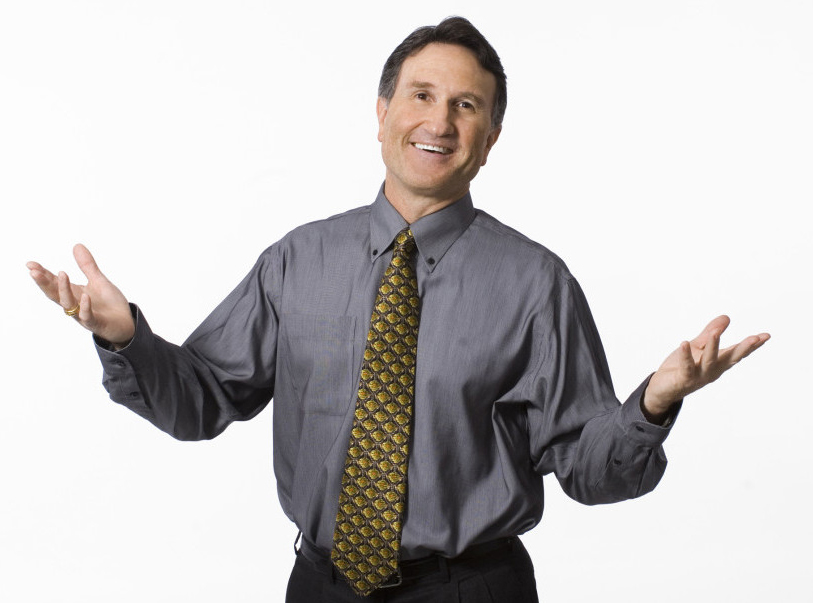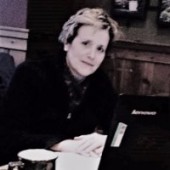THIS CSES HEADLINER WILL BE TOTALLY Mickey Mouse—but we promise, in a very good way. Doug Lipp, a Walt Disney Company veteran, has written a book about working for a company that’s legendary for unwavering creativity, stellar customer service, and a generous sprinkle of pixie dust: Disney U: How Disney University Develops the World’s Most Engaged, Loyal, and Customer-Centric Employees. But for attendees who think their catering operations have nothing in common with a mammoth global entertainment and media enterprise, Lipp says to think again. “Everybody is facing the same challenges, no matter what size they are. My Disney U mentor, Van France, always used to say: ‘Budgets may be tight, but creativity is free.’”

“Plus the show”
On Monday at the Mirage Hotel in the opening session, and later in A Conversation with Doug Lipp (Monday afternoon) Lipp will offer examples and anecdotes from his own experience. His questions will help attendees reflect on situations in their own operations.
“Walt Disney always talked about ways to ‘plus the show,’ which means finding ways—small or large—to differentiate your organization,” he says. “You may find ways to ‘plus the show’ of your operation in front of house, back of house, or with your technology, but I promise that if you attend my session, you’ll leave with practical ideas to achieve sustained growth. The best part is, those action steps are usually things that cost absolutely nothing.”
Promises & pressures
He will also review practical ways to maintain a laser-like focus on your brand promise. “Everyone knows that Disney name, for example, but the value of the brand can be squandered as quickly as it takes for an employee to be snarky or bark at a customer. Suddenly, you’re no different than anyone else who sells parades and rides and stuffed characters.”
He observes that most hospitality-focused organizations are experiencing similar pressure and trends. “Whether you’re on-premises, off-premises, on-campus or running a QSR, your diners want greener choices, local sourcing, and organizations that give back to communities. I actually think that many smaller operations are better positioned to show that they really ARE the community.
“I learned a valuable lesson while at Disney and I like to pass it along to my audience in every program I lead: Unless we continually strive to improve our products, service, or leadership style, we automatically concede defeat to the competition; no one is ever too good to stop improving.”
High-tech or high touch? Both.
Lipp says he still visits Disney parks several times a year. “My wife and I enjoy the ‘no kids’ experience,” he shares. “We love the attractions, food, and ambience. We notice new technologies, like MagicBand wristbands that allow you to enter the park, unlock your hotel room door, and check in at FastPass entrances. But even with all that, there is nothing more powerful than the human touch, like seeing a cast member kneeling down and speaking face-to-face to comfort a crying child.”
His experience illustrates a conviction that organizations must remember: there isn’t a choice between flawless technology and impressive interpersonal skills, “It has to be both. Fabulous product isn’t worth anything if your technology breaks down, and the friendliest employee in the world can’t accomplish much if your product or technology is sub-par.”



